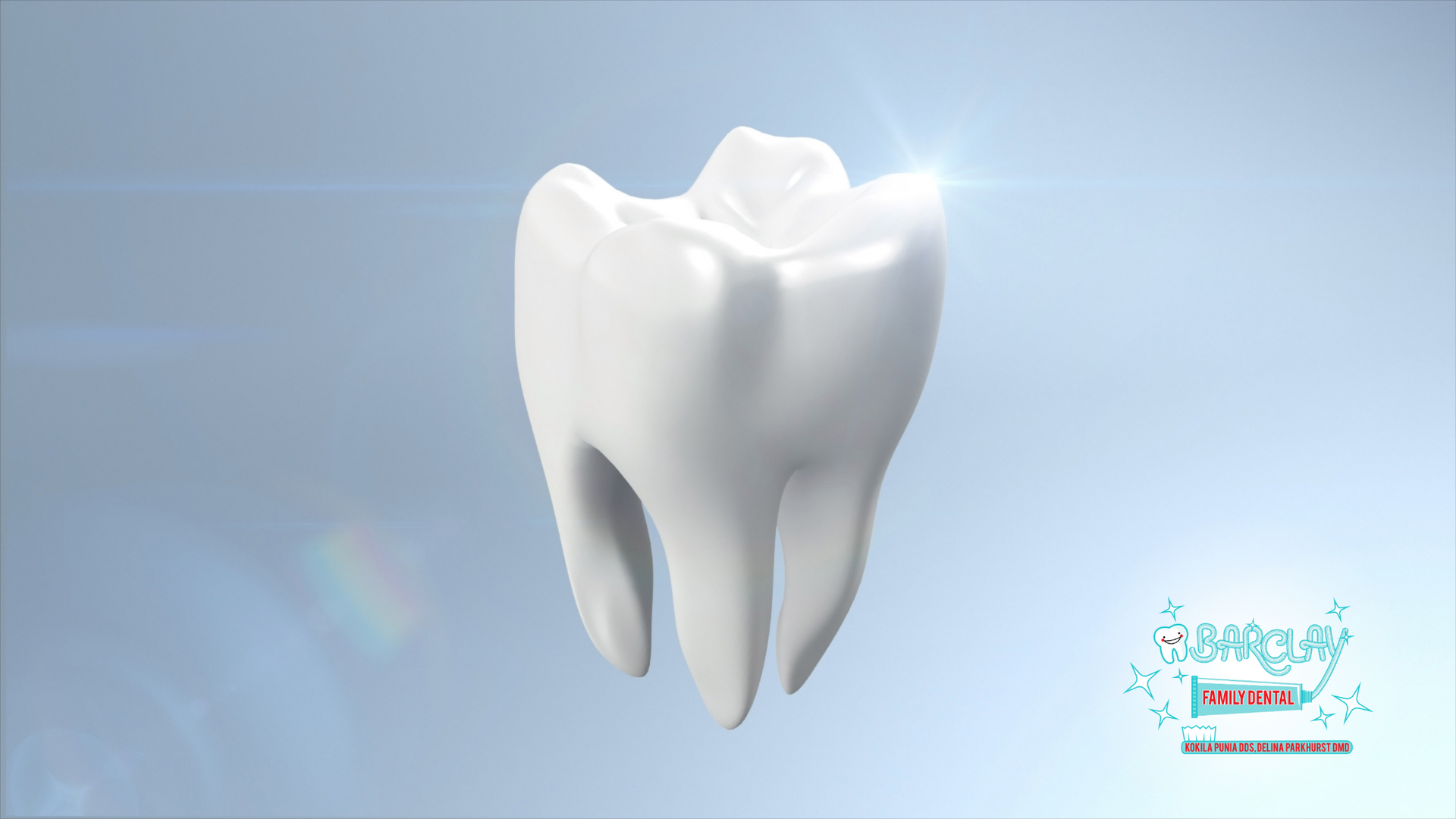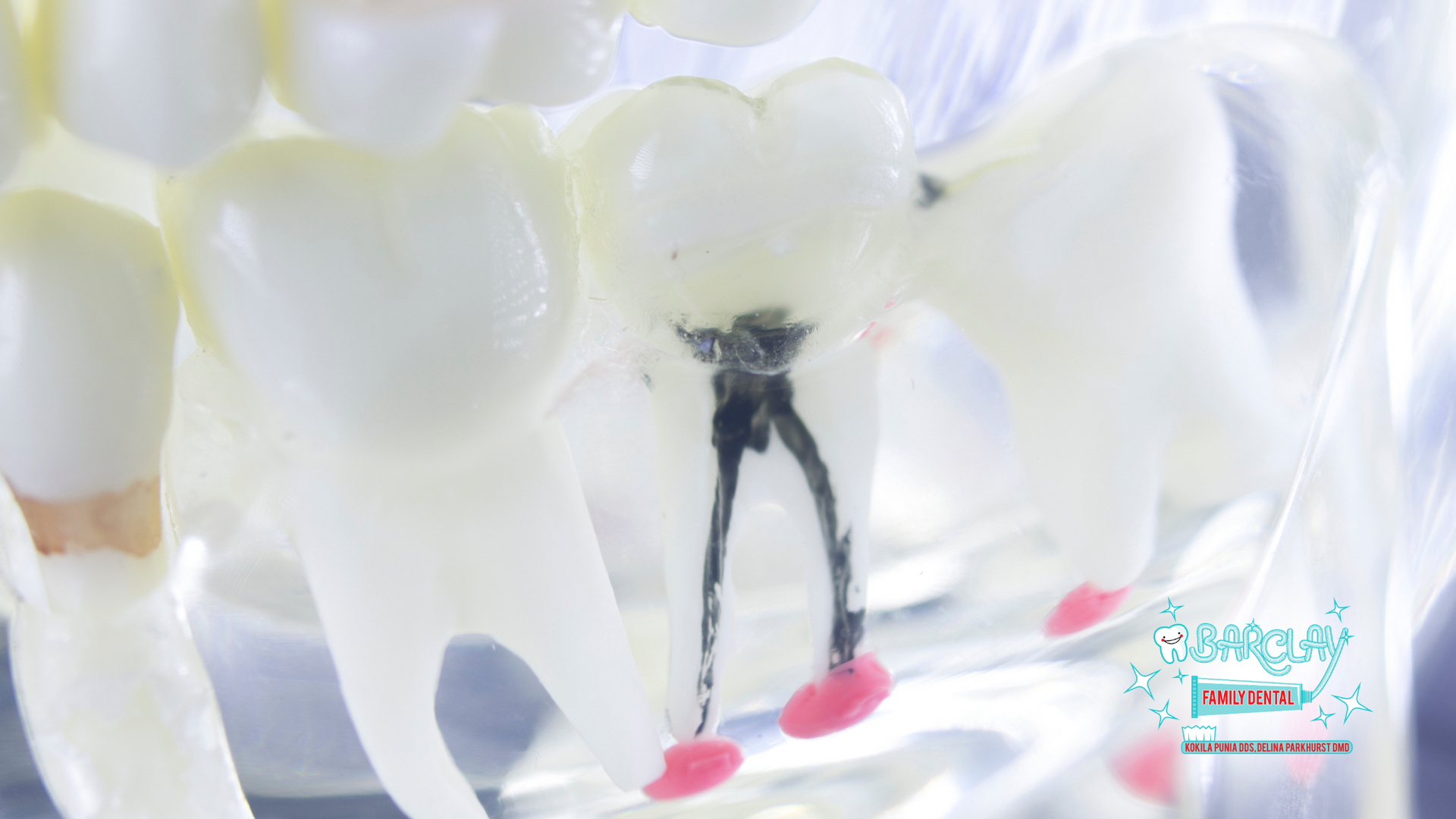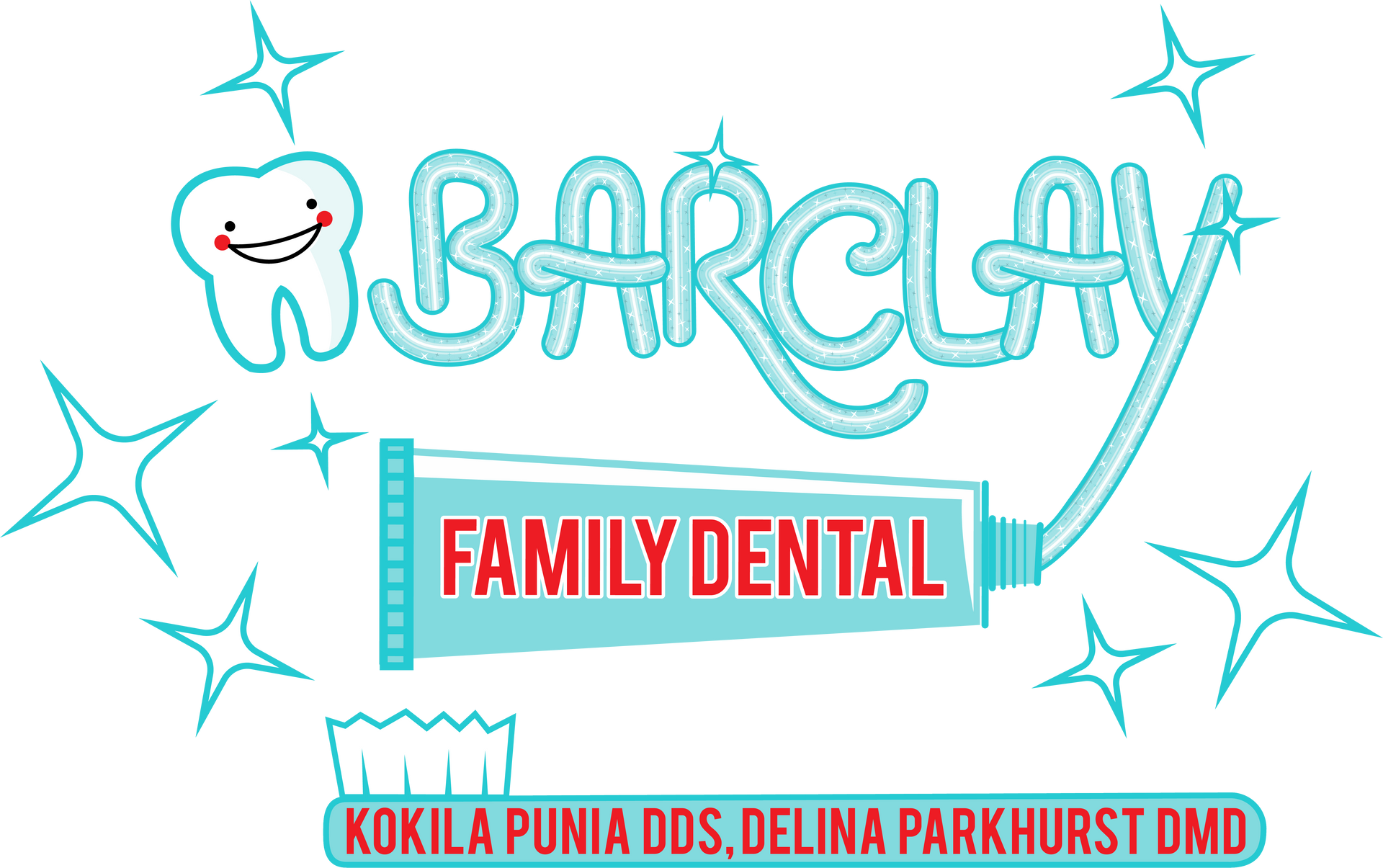Root Canal Treatment: Signs, Symptoms, and Treatment in New Jersey

Source: Dr. Marketing
If you find yourself facing the prospect of root canal treatment, it is essential to understand that this dental procedure becomes necessary when the soft tissue inside your tooth, known as the pulp, becomes infected or inflamed. While the mere mention of a root canal can evoke anxiety, gaining insight into the signs, symptoms, and various treatment options can demystify the process, empowering you to make informed decisions about your dental care. At Barclay Family Dental, we are here to help ensure you are informed about your decision for this course of dental treatment.
Signs and Symptoms

If you are experiencing a persistent toothache ranging from mild discomfort to severe, throbbing pain, particularly when chewing or applying pressure to the tooth, it could be a primary indicator that a root canal might be needed. Increased sensitivity to hot or cold temperatures, even after the stimulus is removed, may also signal pulp inflammation, with sensitivity potentially lingering and intensifying over time. Swollen gums, manifested as tenderness, redness, or the development of a pimple-like bump (a dental abscess) on the gums, could indicate inflammation of the pulp.
Additionally, if your tooth has undergone changes in color, turning dark yellow, gray, or black, it may suggest pulp damage due to the breakdown of blood cells within the pulp. Prolonged pain or discomfort after dental procedures, such as a filling, could be a sign that the pulp is compromised, necessitating root canal treatment.
Root Canal Treatment Process

Once you decide to undergo root canal treatment at Barclay Family Dental, the process involves a series of steps to address the infected or inflamed pulp:
- Upon diagnosis, your dentist will conduct a thorough examination, often aided by X-rays, to assess the extent of pulp damage and determine the necessity of a root canal.
- Anesthesia is administered before the procedure to ensure your comfort and a pain-free experience.
- A small opening is made in the crown of your tooth to access the pulp chamber and root canals.
- The infected or inflamed pulp is then carefully removed using specialized instruments.
- The root canals are cleaned, shaped, and disinfected to eliminate bacteria and debris.
- Finally, the cleaned root canals are filled with a biocompatible material, usually gutta-percha, and sealed to prevent future infection.
- The restoration phase involves placing a crown or filling on the treated tooth to restore its strength and functionality.
Alternative Treatment Options

While root canal treatment is a common and effective way to save a tooth with damaged pulp, there are alternative treatments, depending on the severity of the condition:
Extraction
In cases where the tooth is severely damaged and cannot be saved, extraction may be recommended. However, it is essential to consider tooth replacement options to maintain oral health, restore proper function, and preserve the natural alignment of the surrounding teeth. By discussing tooth replacement options with our dentist, you can make an informed decision that best suits your needs and ensures the continued health and aesthetics of your smile.
Pulpotomy
A pulpotomy is a dental procedure that involves the partial removal of the pulp tissue from the crown of the tooth, while preserving the integrity of the root canal. This treatment is commonly performed on primary (baby) teeth and is also used to address specific cases of pulpitis, which is inflammation of the dental pulp. During a pulpotomy, the affected pulp tissue is carefully removed to alleviate pain and infection, allowing the tooth to be effectively preserved and maintained. This procedure is essential in promoting the overall oral health and well-being of the patient, particularly in the case of young children with developing dentition.
Apicoectomy
An apicoectomy, also known as root-end surgery, is a minimally invasive surgical procedure performed by an endodontist. It involves the removal of the tip of the tooth's root and the surrounding infected tissue, followed by the sealing of the end to prevent further infection. This procedure is typically considered when conventional root canal treatment has been unsuccessful or when there is persistent infection around the root tip that cannot be resolved through other means. By addressing the source of the infection directly, an apicoectomy can help save the tooth and alleviate the patient's discomfort, ultimately restoring oral health and function.
Dental Implants
When teeth are unable to be saved through root canal treatment or other procedures, dental implants offer a durable, long-term solution. By replacing the missing tooth with an artificial one that is securely anchored to the jawbone, dental implants not only restore functionality but also provide a natural-looking and aesthetically pleasing result. This innovative dental solution ensures that patients can confidently eat, speak, and smile without the worry of their replacement tooth shifting or causing discomfort. With dental implants, individuals can enjoy the benefits of a healthy, complete smile for years to come.
Recovery After Root Canal Treatment

Once the root canal treatment is completed, the initial phase of recovery involves managing any mild discomfort or sensitivity that may persist for a few days. Patients are advised to take over-the-counter pain medications or prescribed pain relievers as directed by our dentist to alleviate any post-treatment discomfort. It is important to refrain from chewing on the treated tooth until the permanent restoration, such as a crown, is placed. This precautionary measure helps prevent potential damage to the tooth structure during the healing process.
Additionally, maintaining good oral hygiene practices is crucial for optimal recovery. While regular brushing and flossing should continue, patients should be gentle around the treated tooth to avoid irritation. Scheduled follow-up appointments with the dentist play a vital role in monitoring the healing process. These appointments allow the dentist to assess the success of the treatment, address any concerns, and ensure that the tooth is recovering as expected.
Throughout the recovery period, patients should be vigilant for signs of complications, such as persistent pain, swelling, or discharge. If any unusual symptoms arise, prompt communication with the dentist is essential. Timely reporting of any issues enables the dentist to take appropriate measures to address potential complications and ensure the long-term success of the root canal treatment.
The recovery phase after a root canal involves a combination of pain management, cautious oral hygiene practices, and regular follow-up appointments. By adhering to these post-treatment guidelines and staying vigilant for any signs of complications, patients can contribute to the overall success of the root canal procedure and maintain a healthy, functional smile.
Why You Should Not Avoid Getting a Root Canal

Avoiding a root canal treatment may seem tempting, given its reputation for being associated with discomfort or anxiety. However, postponing or neglecting a needed root canal can have serious consequences for your oral health. Ignoring the signs and symptoms of pulp damage, such as persistent toothaches, sensitivity, or swelling, can lead to the progression of infection, causing more extensive damage to the tooth and surrounding tissues. In the long run, this may result in the need for more invasive and costly dental procedures, such as tooth extraction or extensive restorative work. Getting a root canal in a timely manner not only alleviates immediate pain but also preserves the natural tooth, maintaining oral function and preventing further complications. It is a proactive step towards securing your oral health and avoiding more extensive interventions down the road. If you're experiencing symptoms that suggest a root canal may be necessary, consulting with our dentists at Barclay Family Dental promptly is crucial for timely and effective intervention.

Root canal treatment, while often feared, is a highly effective and routine dental procedure that can save a tooth from extraction. Recognizing the signs and symptoms of pulp damage, understanding the treatment process, and being aware of alternative options contribute to making informed decisions about dental care. With proper post-treatment care and regular dental check-ups, individuals can maintain a healthy and functional smile for years to come. If you suspect you may need a root canal or are experiencing dental issues, consult with our dentists at Barclay Family Dental for a comprehensive evaluation and personalized treatment plan.












